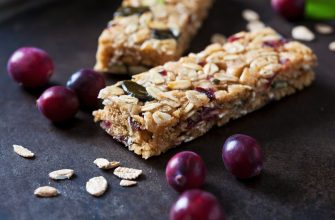Eating more whole grains is essential for a balanced and healthy diet. They’re packed with nutrients, fiber, and essential minerals that promote overall well-being. Learn how to incorporate more whole grains into your meals with these simple and delicious tips.
- Understanding Whole Grains
- Swap Refined Grains for Whole Grains
- Incorporate Whole Grains into Breakfast
- Add Whole Grains to Salads and Bowls
- Bake with Whole-Grain Flours
- Snack on Whole Grains
- Cook with Whole Grain
- Experiment with Whole Grain Recipes
- Mix and Match Whole Grains
- Educate Yourself on Whole Grain Benefits
- In Summary:
Understanding Whole Grains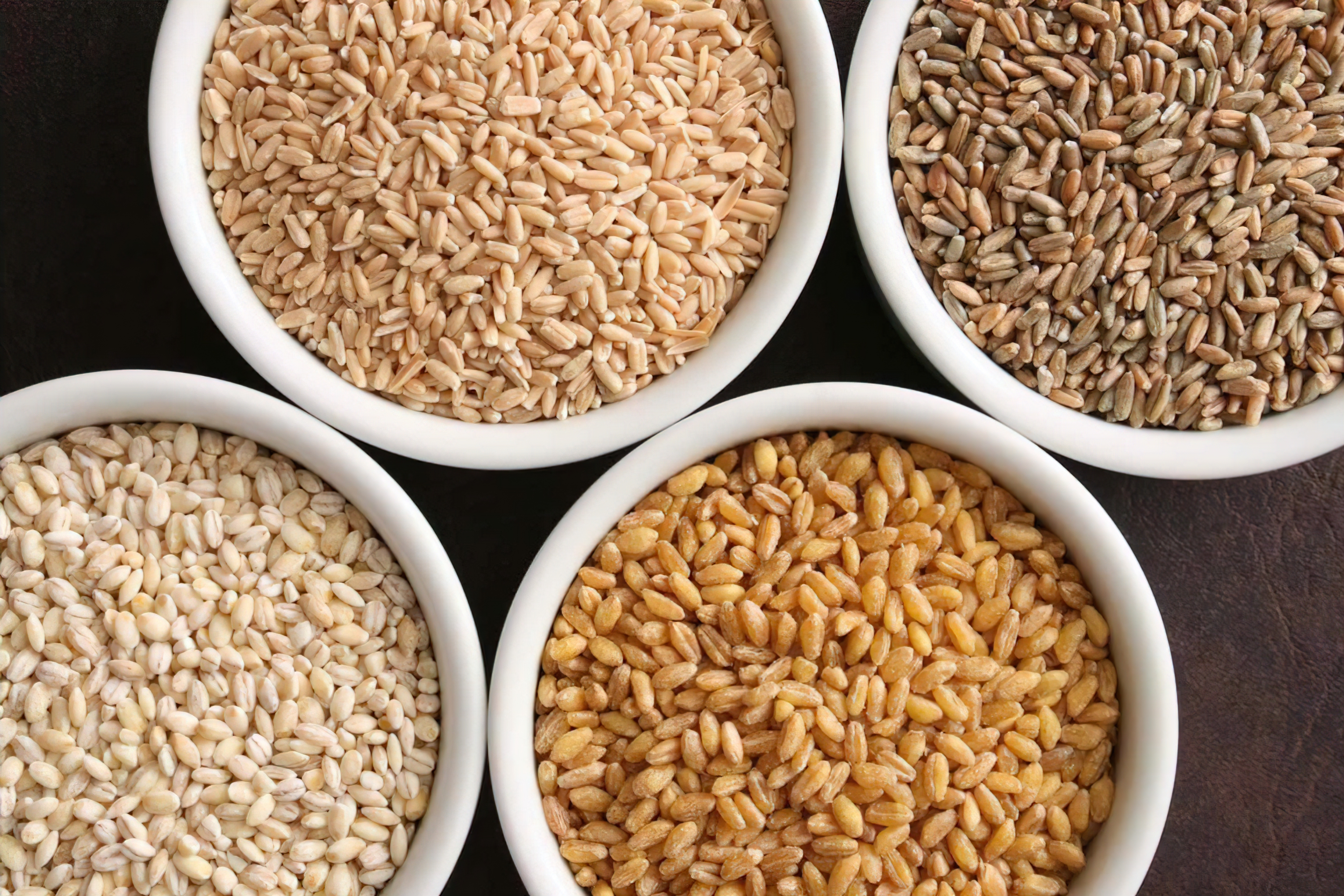
Whole grains contain all three parts of the grain kernel: the bran, germ, and endosperm. This makes them more nutritious than refined grains, which have the bran and germ removed. Common whole grains include brown rice, quinoa, barley, oats, and whole wheat. Start by familiarizing yourself with the different types of whole grains and their nutritional benefits.
Swap Refined Grains for Whole Grains
One of the easiest ways to eat more whole grains is by replacing refined grains in your meals. Instead of white rice, opt for brown rice or quinoa. Swap out white pasta for whole wheat or other whole-grain varieties. Choose whole-grain bread over white bread for sandwiches and toast. These simple swaps will increase your daily intake of whole grains without dramatically altering your diet.
Incorporate Whole Grains into Breakfast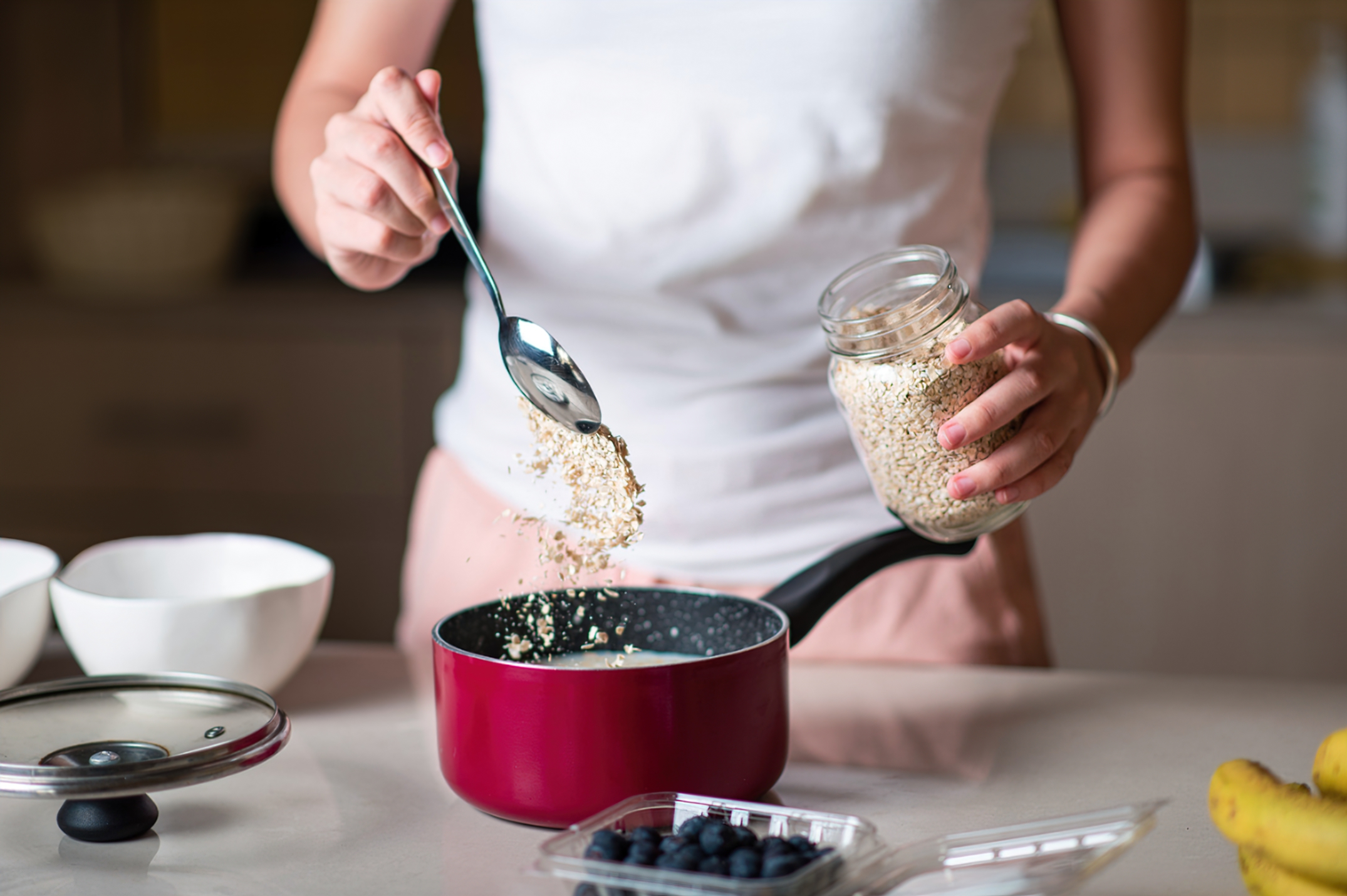
Kick-start your day with a whole-grain breakfast. Oats are a versatile and nutritious choice, perfect for oatmeal or overnight oats. Try a whole-grain cereal, such as muesli, or opt for whole-grain toast with avocado or nut butter. By starting your day with whole grains, you’ll be more likely to reach your daily recommended intake.
Add Whole Grains to Salads and Bowls
Salads and grain bowls are excellent vehicles for incorporating whole grains into your diet. Add cooked quinoa, farro, or barley to your salads for added texture and nutrients. Create a grain bowl with brown rice or bulgur as a base, and top with your favorite veggies, protein, and dressing. Whole grains add a hearty and satisfying element to these dishes.
Bake with Whole-Grain Flours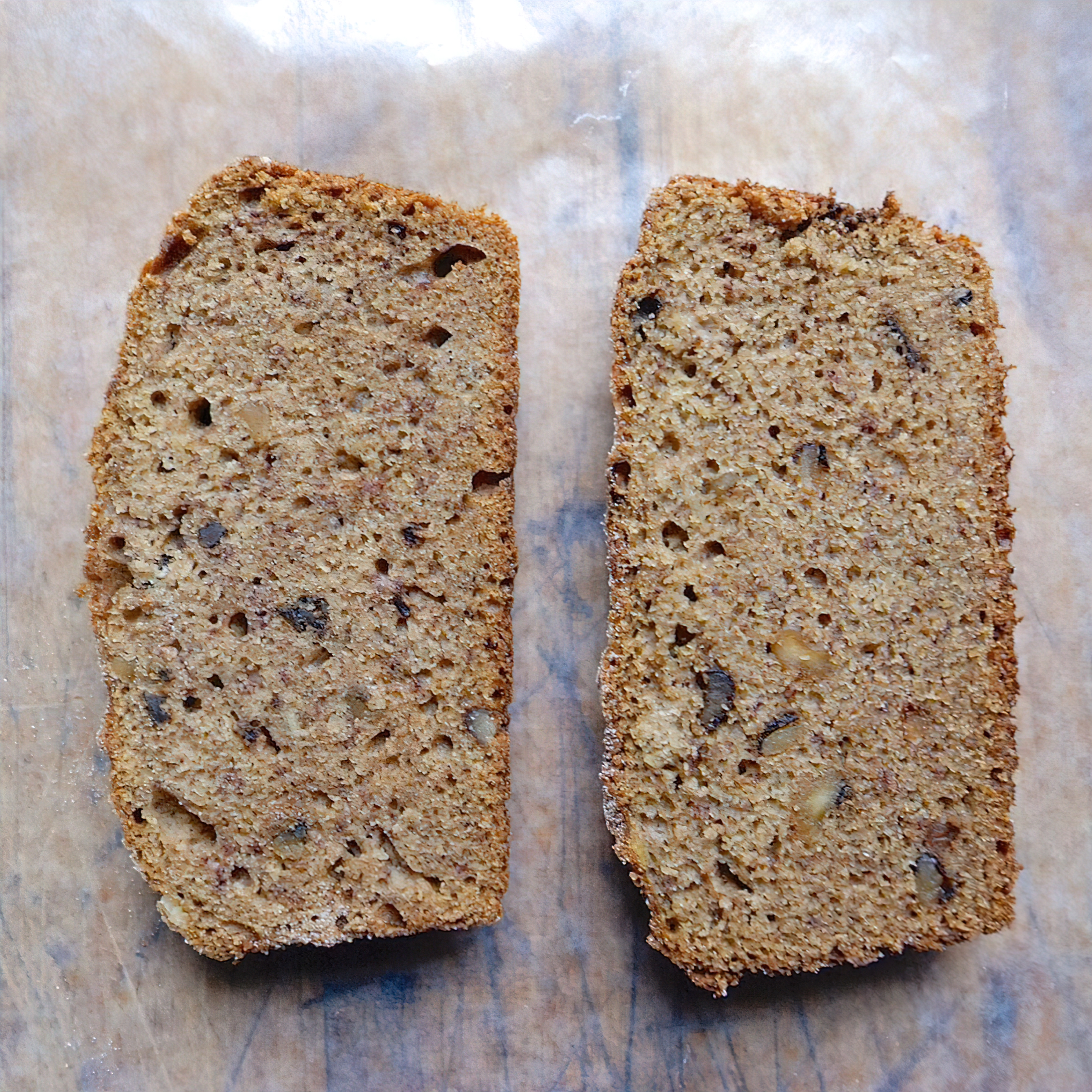
Experiment with whole-grain flours when baking bread, muffins, and other treats. Whole wheat flour, spelt flour, and oat flour are all excellent options for baking. They add a nuttier flavor and denser texture to your baked goods while increasing their nutritional value.
Snack on Whole Grains
Incorporate whole grains into your snacks to keep you full and energized throughout the day. Popcorn is a whole-grain snack that can be enjoyed in moderation. Whole-grain crackers with hummus, cheese, or nut butter are also tasty and satisfying options.
Cook with Whole Grain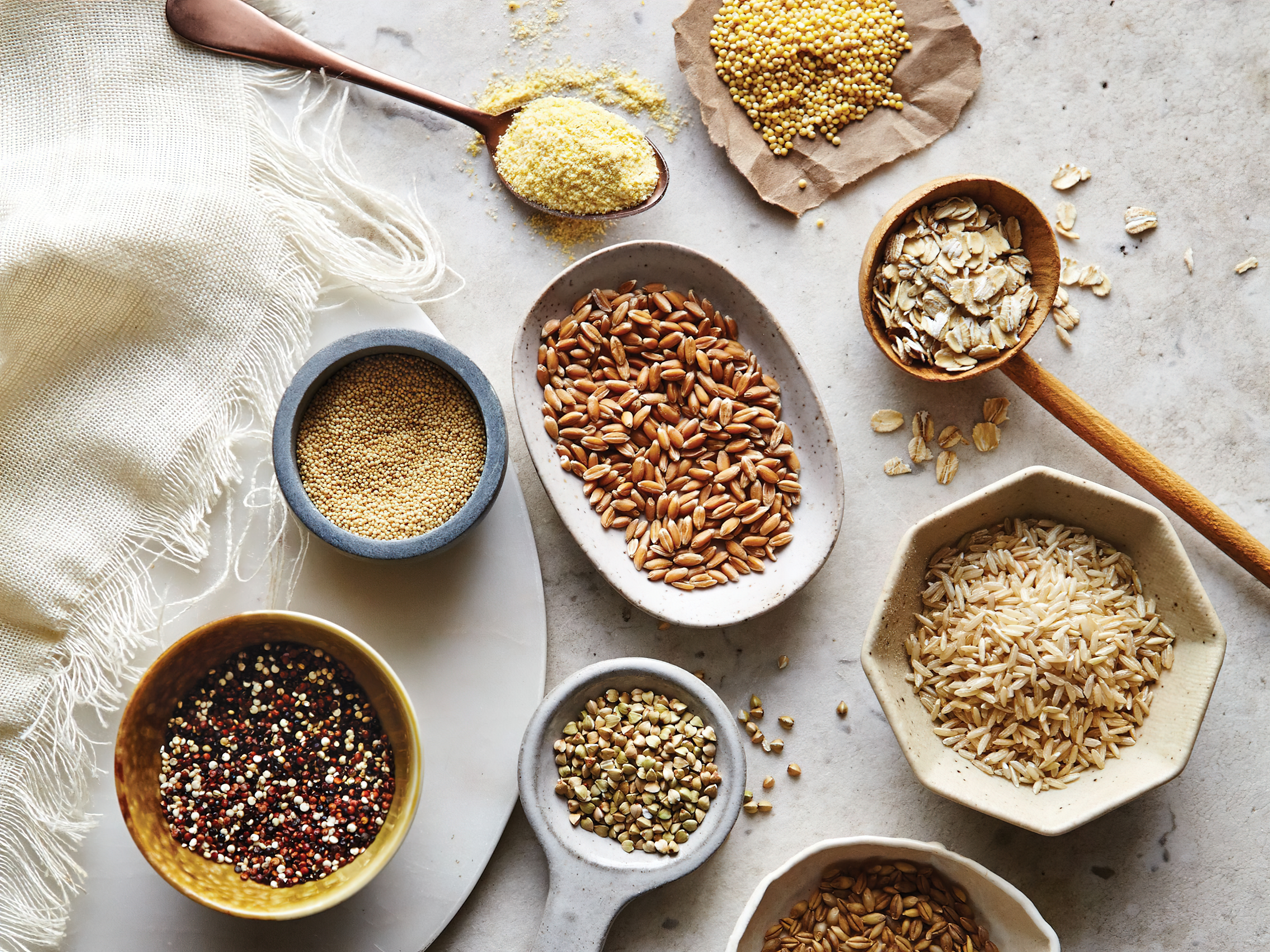
Side Dishes When planning your meals, consider incorporating whole grains as side dishes. For example, serve your main protein with a side of brown rice, quinoa, or whole-grain couscous. This not only adds variety to your meals but also ensures you’re consuming whole grains regularly.
Experiment with Whole Grain Recipes
Expand your culinary repertoire by trying new recipes that feature whole grains. There are countless whole grain-based dishes from various cuisines around the world, such as whole wheat pasta dishes, barley risottos, or quinoa-stuffed vegetables. This will keep your meals interesting and help you discover new favorites.
Mix and Match Whole Grains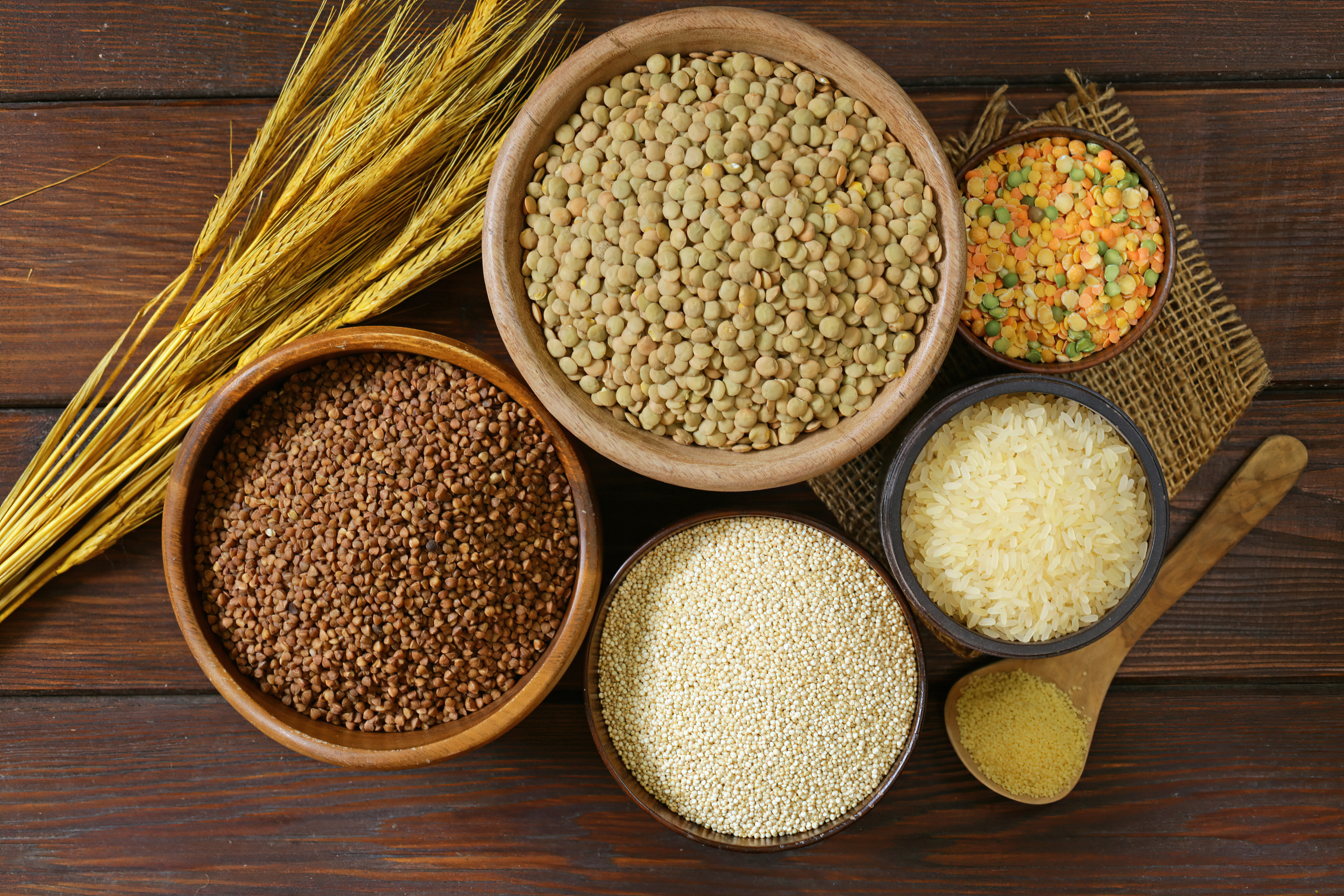
Don’t limit yourself to just one type of whole grain. Mix and match different whole grains to create unique textures and flavors in your dishes. For example, combine brown rice with wild rice, or mix quinoa with farro. This will not only enhance the taste of your meals but also ensure you’re getting a diverse range of nutrients.
Educate Yourself on Whole Grain Benefits
Understanding the numerous health benefits of whole grains can motivate you to incorporate them into your diet more regularly. Whole grains are rich in fiber, which aids digestion and helps maintain healthy cholesterol levels. They also contain essential nutrients like B vitamins, iron, and magnesium. By appreciating their positive impact on your health, you’ll be more inclined to make whole grains a staple in your diet.
In Summary:
Incorporating whole grains into your daily diet is an easy and delicious way to improve your overall health and well-being. By replacing refined grains with whole grains, experimenting with new recipes, and making whole grains a regular part of your meals, you’ll enjoy a more balanced and nutritious diet. Embrace the world of whole grains and reap the benefits of a healthier lifestyle.

